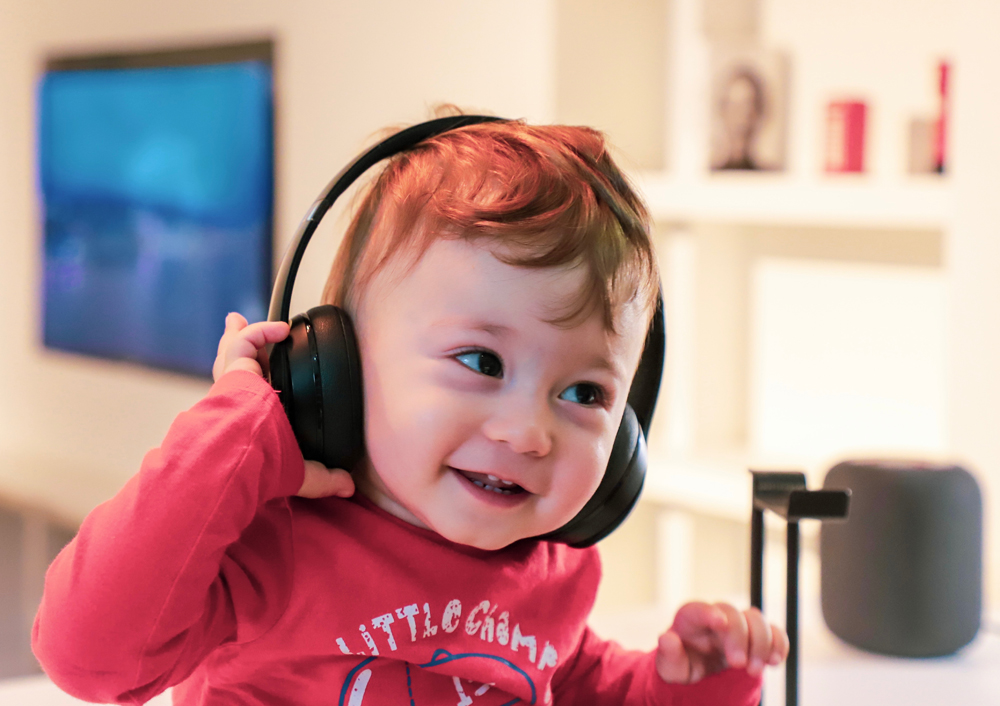
In Part 1 of this series, we introduced learning styles and how your child’s dominant style points to the types of learning experiences they need in order to perform at their best.
Your learning style refers to the way in which you most easily and effectively absorb, process, comprehend and retain information (‘Learning Styles’ 2018).
In this article we discuss Auditory Learners, who prefer the use of sound in order to learn.
You will know your child maybe an auditory learner if they exude many of the following characteristics:
Learning tools that work well for auditory learners include:
Auditory learners need sound to learn optimally. They need opportunities to discuss concepts with teachers and peers, and to listen. Using sound in different ways helps auditory learners to assimilate, make sense of and retain information, and to create new ideas. It’s essential that your auditory child receives these types of experiences on a daily basis in order to reach her/his potential!
Resources
‘Characteristics of Learning Styles’ http://www.llcc.edu/wp-content/uploads/2014/10/Characteristics-of-Learning-Styles.pdf
‘Learning Styles’ https://teach.com/what/teachers-know/learning-styles/